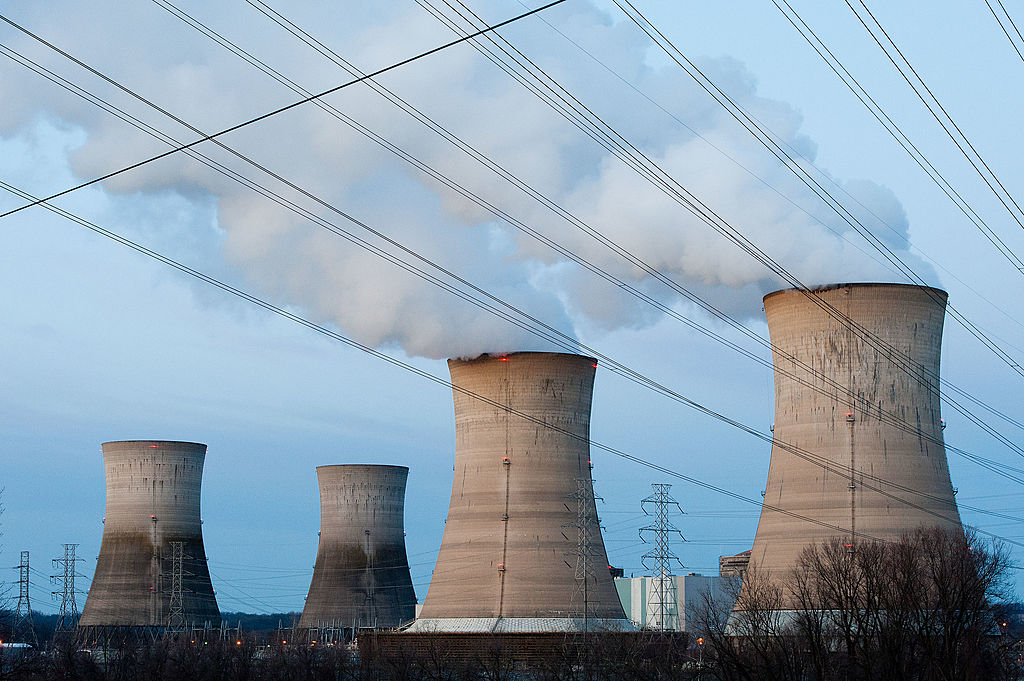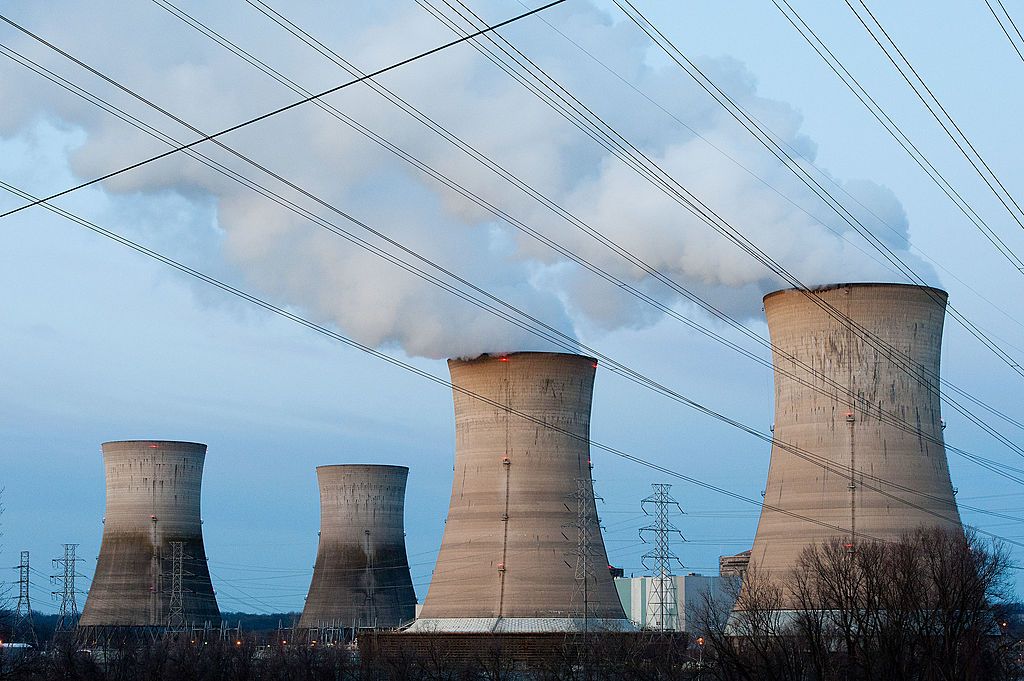
If every little thing goes to plan, a nuclear reactor on the well-known Three Mile Island energy plant in Pennsylvania—the location of a serious accident within the ’70s—can be restarted by energy firm Constellation Vitality to satisfy an settlement with Microsoft for carbon-free power to energy its knowledge facilities.
The reactor coming again on-line is just not the one which had a partial meltdown in 1979, which has remained dormant because the accident. That was TMI-Unit 2. The adjoining reactor, TMI-Unit 1, went again into operation in 1985 and continued to function till 2019, when it was shut down as a result of “poor economics,” in accordance with Constellation.
After refurbishing it and acquiring the required federal and state approvals, Constellation hopes to have TMI-Unit 1 working by 2028, and says that restarting the reactor will “add roughly 835 megawatts of carbon-free power to the grid.” It is also renaming the plant “Crane Clear Vitality Middle” after Chris Crane, a nuclear power “titan” who died earlier this yr.
Each Pennsylvania politicians and the US Division of Vitality have praised Constellation’s plan. Dr Michael Goff, performing assistant secretary of the federal company’s Workplace of Nuclear Vitality, stated that “always-on, carbon-free nuclear power performs an essential function within the battle towards local weather change and assembly the nation’s rising power calls for.”
Microsoft’s knowledge facilities are the infrastructure that help its cloud storage and computing providers, together with new and notoriously energy-hungry AI processing. Microsoft VP of power Bobby Hollis says that this energy settlement, the biggest it is ever made with Constellation, is a “main milestone in Microsoft’s efforts to assist decarbonize the grid.” Individually, we all know that Microsoft has been trying into utilizing “small modular reactors” and “microreactors” to energy its knowledge facilities.
Microsoft founder Invoice Gates can also be within the nuclear power enterprise: An organization he based in 2006, TerraPower, broke floor on a brand new plant in Wyoming earlier this yr.
“The US hasn’t wanted a lot new electrical energy—however with the rise in a wide range of issues from electrical vehicles and buses to electrical warmth pumps to heating properties, demand for electrical energy goes to go up so much,” Gates informed NPR in June. “And now these knowledge facilities are including to that. So the massive tech corporations are out taking a look at how they may also help facilitate extra energy, in order that these knowledge facilities can serve the exploding AI demand.”

